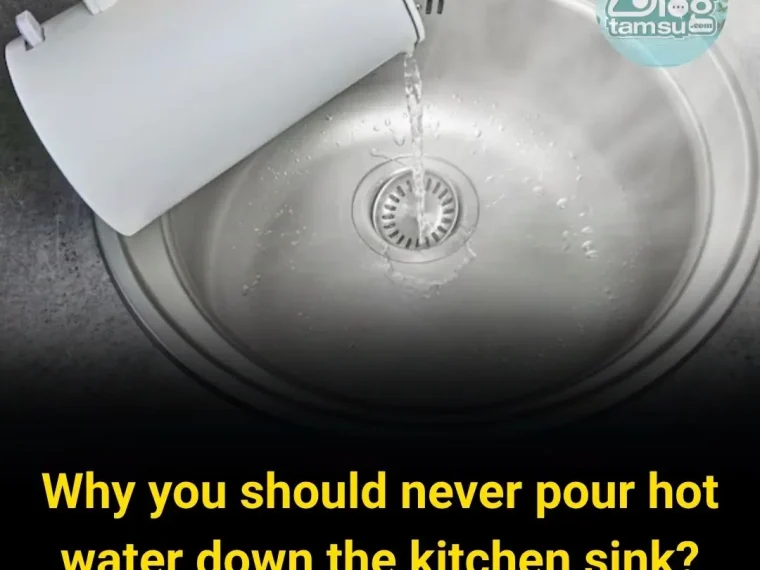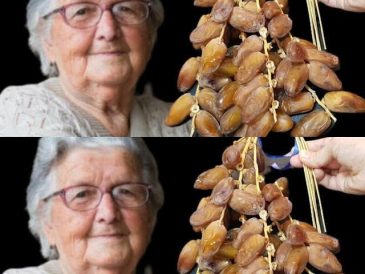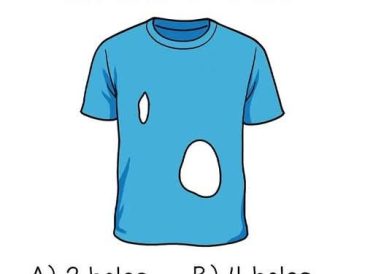🚫 Why You Should Never Pour Hot Water Down the Kitchen Sink
Many people believe that pouring hot water down the kitchen sink helps clean out grease, remove odors, and prevent clogs. It sounds logical — after all, hot water melts fat and residue, right? Unfortunately, this habit can actually cause serious long-term damage to your plumbing system.
Let’s explore why you should stop doing it immediately and what to do instead.
💧 1. Hot Water Doesn’t Really Eliminate Grease — It Moves It
When you pour hot or boiling water down your sink after cooking, it may seem like it’s washing away grease and fat from pans.
But what really happens is this:
- The hot water melts the grease temporarily.
- As it flows down your pipes, the water cools.
- The grease then solidifies again further down the drain.
Over time, this builds up into a sticky, thick layer that traps food particles and soap scum — eventually leading to serious clogs.
🧠 Think of it like melting butter: it turns to liquid in the pan, but as soon as it cools, it becomes solid again.
⚙️ 2. It Can Damage PVC and Metal Pipes
Modern homes often use PVC (plastic) pipes that are not designed to handle boiling water repeatedly. When exposed to extreme heat:
- PVC pipes can soften or warp, leading to leaks.
- Metal pipes may expand and contract, loosening joints and seals.
The result? Small leaks that go unnoticed until they cause water damage under your sink or in the walls.
🧼 3. It Doesn’t Fix Odors — It Can Make Them Worse
Many people pour boiling water to get rid of sink odors. However, if your drain already contains a buildup of grease and food waste, the hot water can loosen it just enough to release more foul smells.
What’s worse, it might push debris deeper into the pipe — where it’s harder to clean.
🧩 4. Repeated Heat Exposure Can Weaken Sealants
Under your sink, plumbers use rubber gaskets and sealants to prevent leaks. These materials aren’t built to handle boiling water or high temperatures. Over time, hot water can dry them out or melt them, leading to small drips and leaks that can rot wood cabinets or flooring.
💡 What You Should Do Instead
Here are safer, smarter alternatives to maintain a clean and odor-free drain:
✅ Use Baking Soda and Vinegar
- Pour ½ cup of baking soda, followed by 1 cup of vinegar.
- Let it fizz for 10–15 minutes, then flush with warm (not boiling) water.
This natural reaction helps dissolve buildup and deodorize your sink.
✅ Run Hot Tap Water After Each Wash
After washing greasy dishes, run hot tap water (not boiling) for 30 seconds. It helps flush light residue before it cools and hardens.
✅ Wipe Grease Before Washing
Always wipe pans and dishes with a paper towel before washing them. This simple step prevents most fats from ever reaching your pipes.
✅ Use Enzyme-Based Drain Cleaners
Once a month, pour an enzyme-based drain cleaner (eco-friendly options are available). These use natural bacteria to break down organic matter without harming your pipes.
⚠️ Final Thoughts
Pouring hot or boiling water down your kitchen sink might feel like cleaning — but in reality, it’s a silent plumbing killer.
The combination of melted grease, pipe stress, and weakened seals can lead to expensive repairs and unpleasant clogs.
The best approach?
Treat your sink like a delicate system — use gentle cleaners, avoid grease buildup, and skip the boiling water trick for good.
In short:
Hot water might melt grease today — but it clogs your pipes tomorrow.





